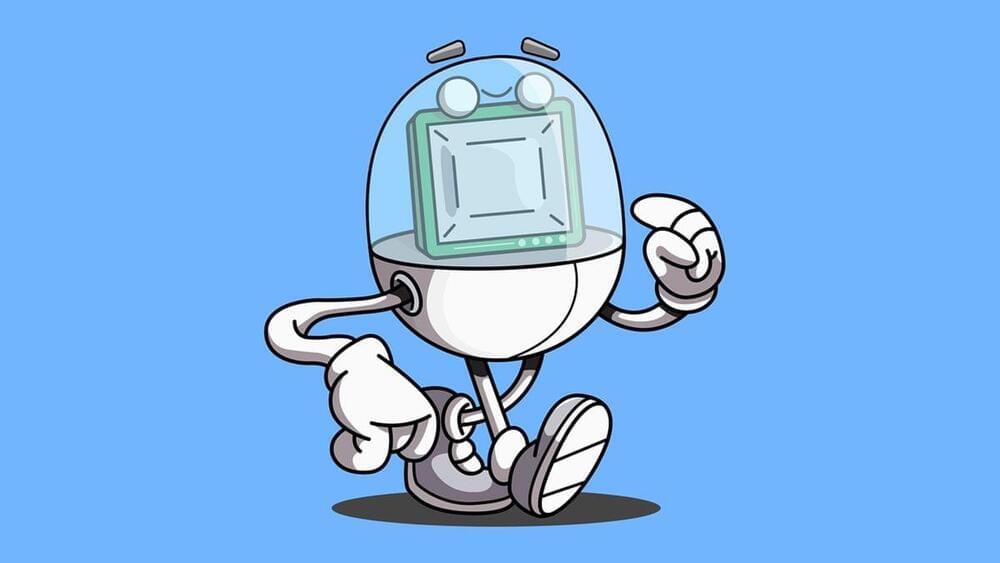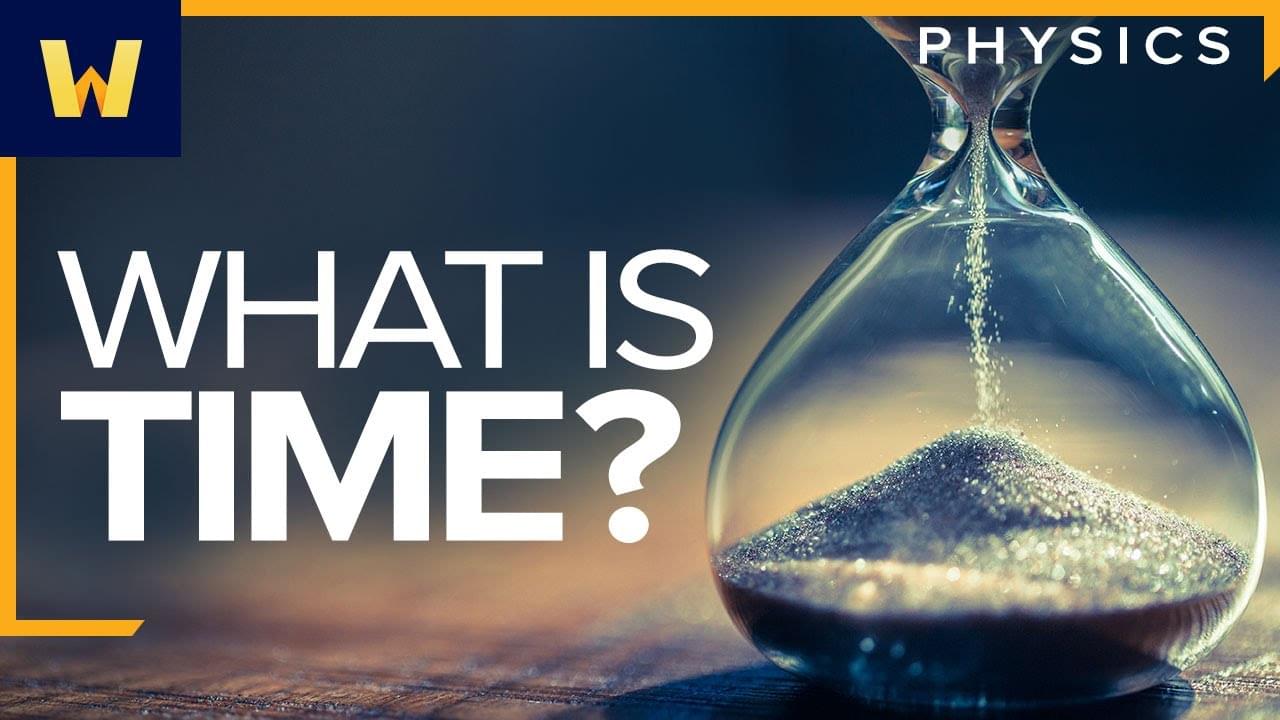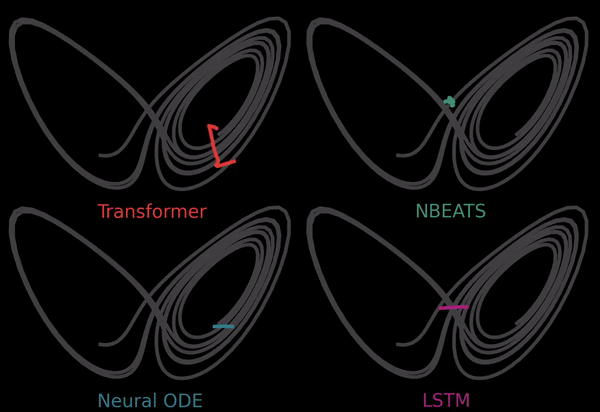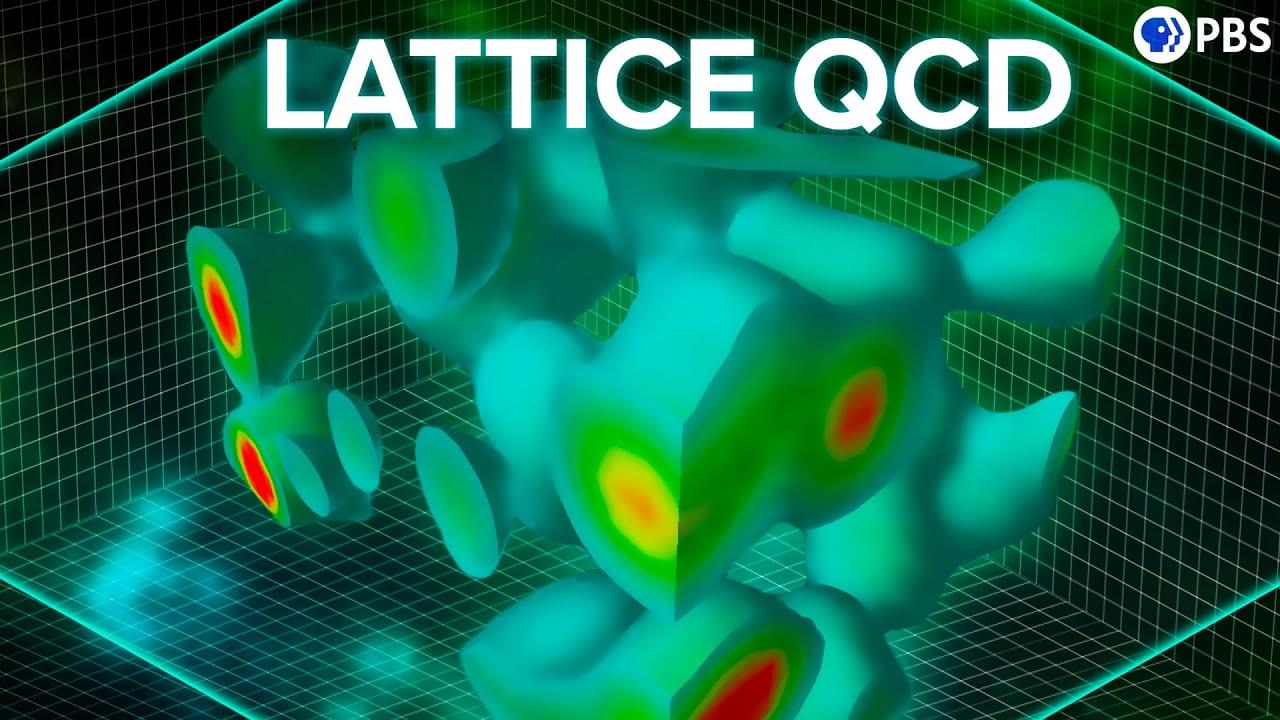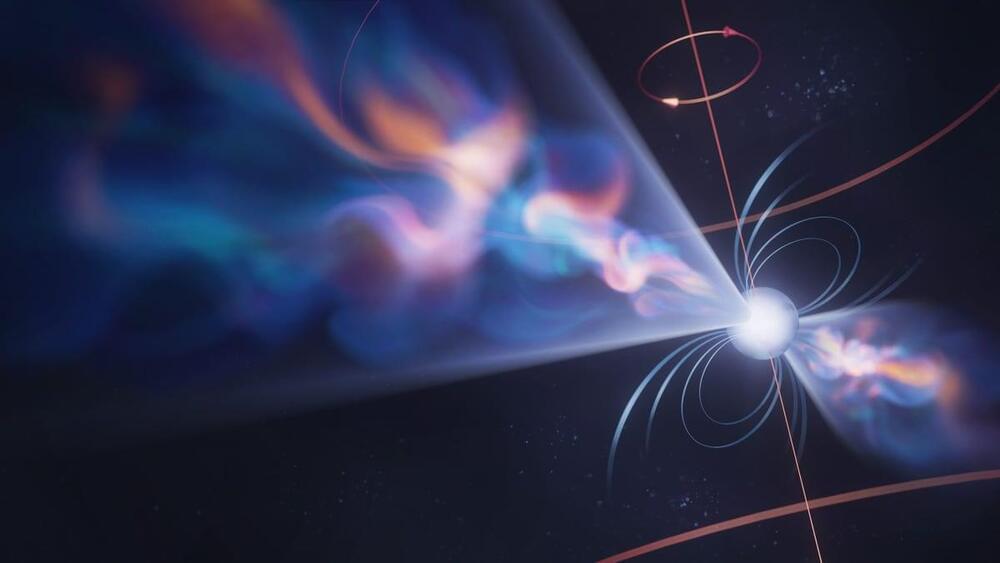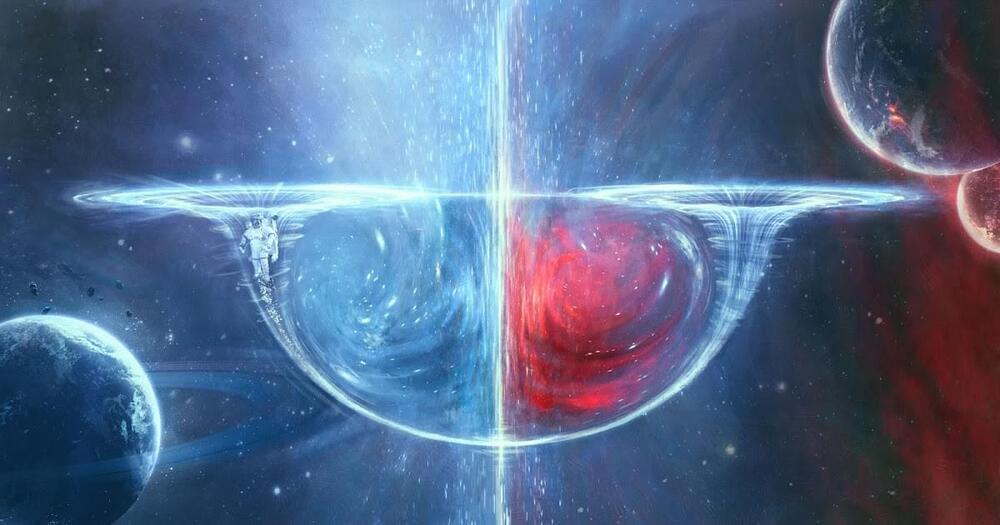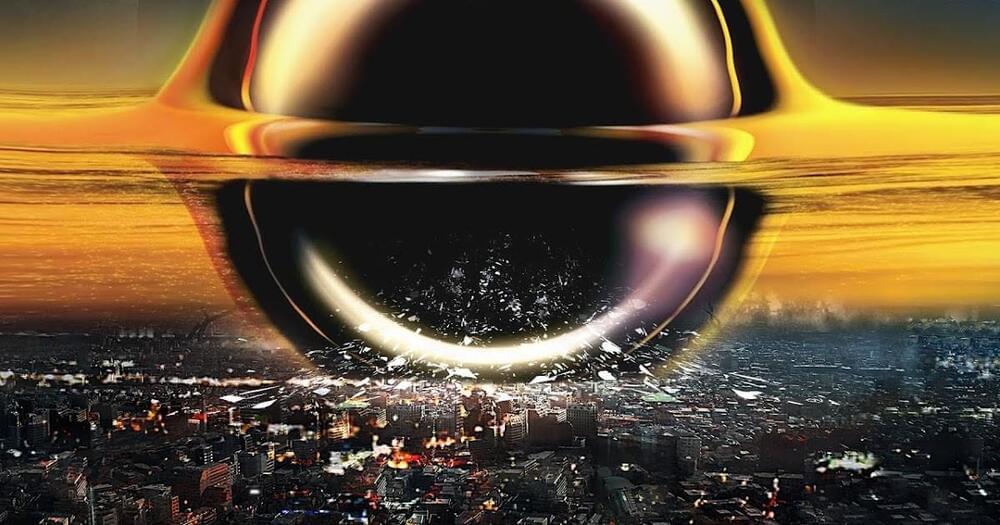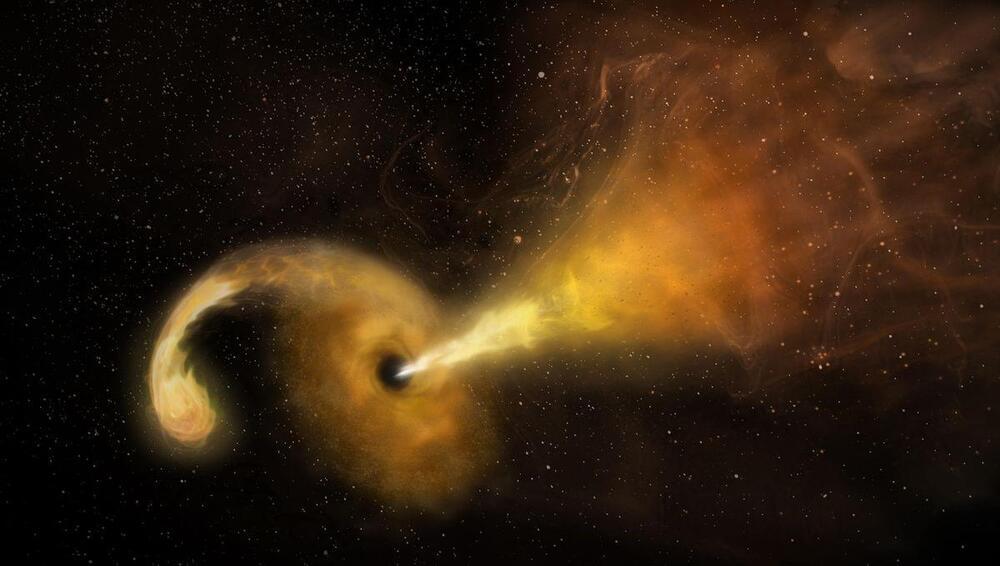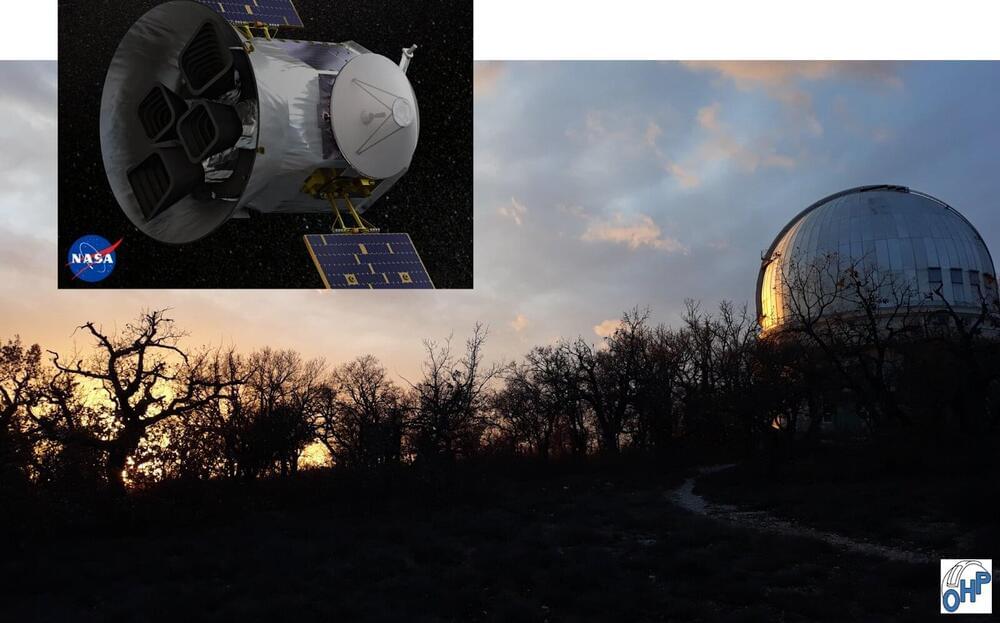
A study published today (Dec. 15) in the journal Astronomy & Astrophysics reveals the discovery of two new planetary systems orbiting stars similar to our sun, also known as solar analogs.
The study was led by Dr. Eder Martioli, a full researcher at the Laboratório Nacional de Astrofísica (LNA/MCTI) and an associate researcher at the Institut d’astrophysique de Paris (IAP), and by Dr. Guillaume Hébrard, a researcher at the Institut d’astrophysique de Paris (IAP).
Observations responsible for detecting these two systems, named TOI-1736 and TOI-2141, were conducted using NASA’s TESS space telescope and the SOPHIE spectrograph installed on the 1.93 m telescope at the Observatoire de Haute-Provence (OHP) in southern France, both illustrated in Figure 1.
